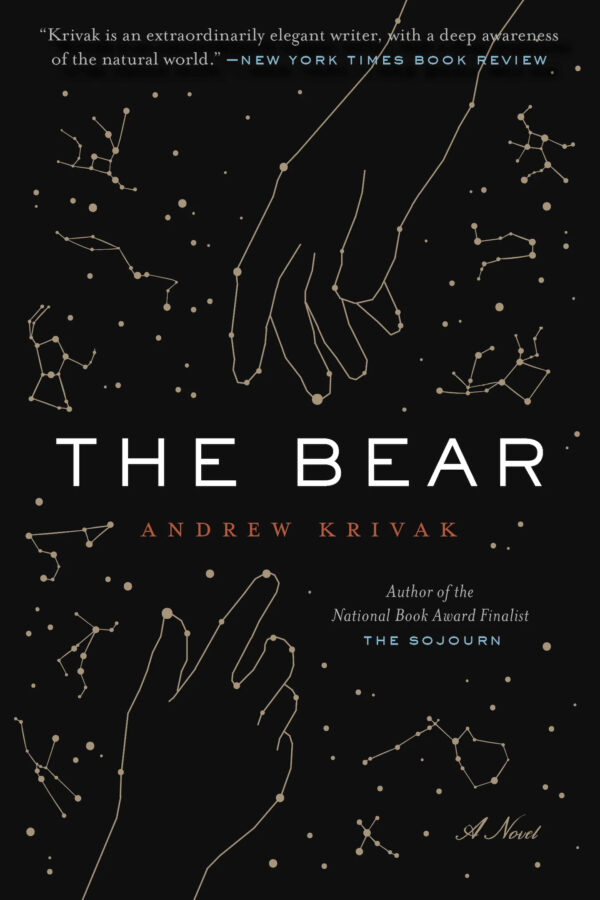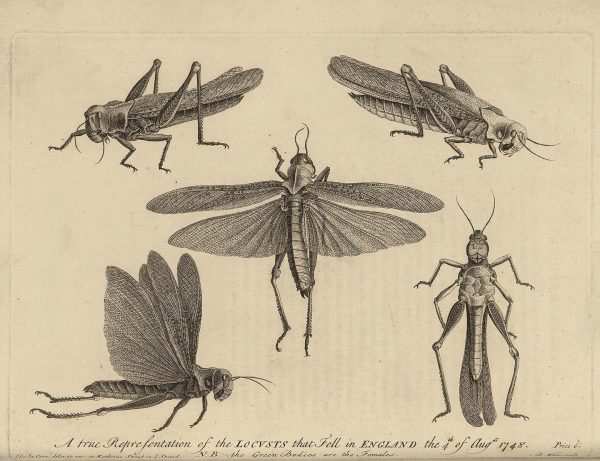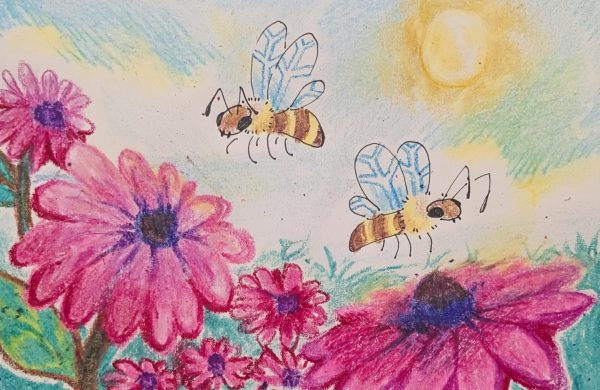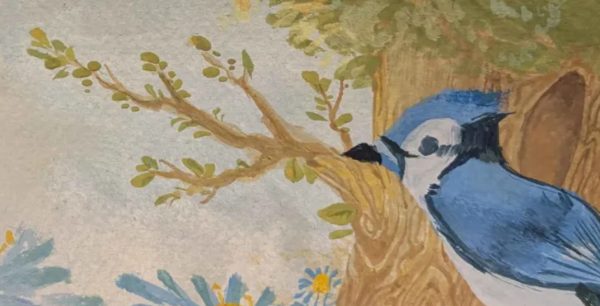The Bear: A fable of the future
The Bear: A fable of the future
“The Bear” by Andrew Krivak is a dystopian literary novel and a subtle foray into the balance between love and loss, hope and despair, and respect for animals and the environment. Written in the style of a post-apocalyptic folk tale, the prose is captivating and appealing. It’s a brief read at 221 pages, yet it leaves one with a lasting sense of love, grief, beauty, and calm. A story written in straightforward and beautiful writing, the tale’s pace and simplicity causes the reader to slow down and allows them to be present and share a girl’s experience of the natural world. I’ve never read anything else like The Bear.
The story is a beautiful fable of a father and his daughter surviving in a world where civilization has collapsed, and humankind is extinct save for these two nameless two survivors, Father and Girl. They live in a house constructed of timber, stones and cement, a house with a glass window, “a precious hand me down.” The dwelling is set halfway up the mountain slope along the old eastern range in the shadow of “the mountain that stands alone.”
The reader learns that the two were once a family of three and that Girl was born on the day of the summer solstice. Yearly, on this day, Father and Girl climb to the top of the mountain “to visit mother’s resting place, in the shade of the ledge shaped like a bear.” At one point, the two go on a lengthy journey to the sea to search for salt, and it is there that Father passes away. Following that, a long, challenging journey unfolds for the girl, who must use all the skills her father taught her to survive.

The girl must deal with being completely alone until a talking bear enters her unique world and begins guiding her back to “the mountain that stands alone” so that she can properly lay her father’s remains next to her mother. The bear informs her about the power of trees in the forest, and how they communicate, but it would take her “many moons” to hear one of their conversations. He also claims that long ago, animals could communicate in the same manner that human beings could, but humans stopped listening. While the girl is grieving and adjusting to being the last of her species, the bear reminds her, referring to her father, “You can make whatever you need to survive on your own account. He took care of that before he died.”
With its human-less landscape and anonymous characters, this book reminded me of Cormac McCarthy’s The Road. However, I found The Bear was refreshingly different in the self-realization of the girl and her relationship with nature. There is a mystical quality in the way Krivak writes about the bond between the girl and nature. Her acceptance of the companionship and wisdom of a bear is uplifting and deepens the reader’s understanding of the interdependence between humans, landscape, and the animal world. If you enjoy reading survival stories about characters who learn to connect with nature, this book will not disappoint.

Monika Rogge is an artist, photographer, and poet based in Stillwater, MN. She is currently an AFA student at Century College.













